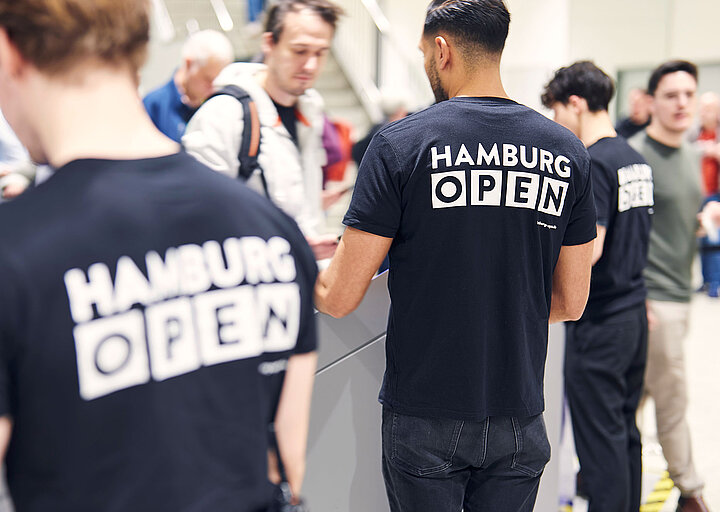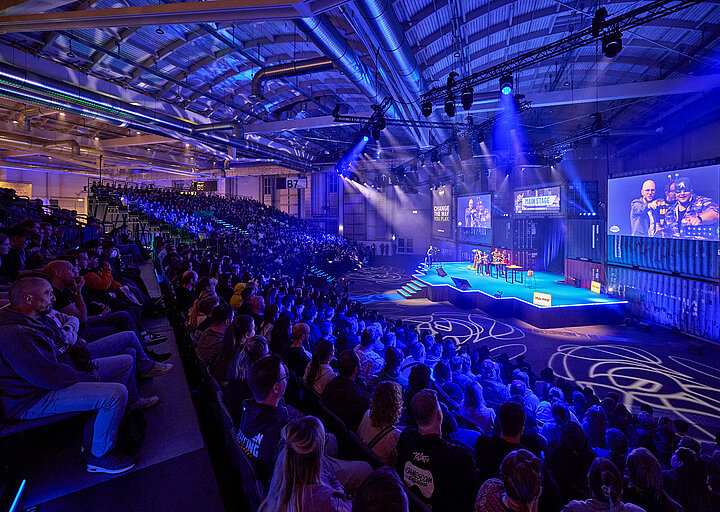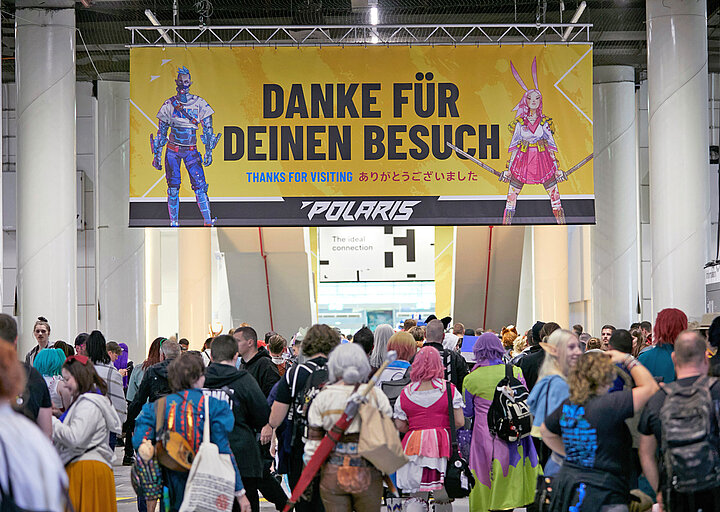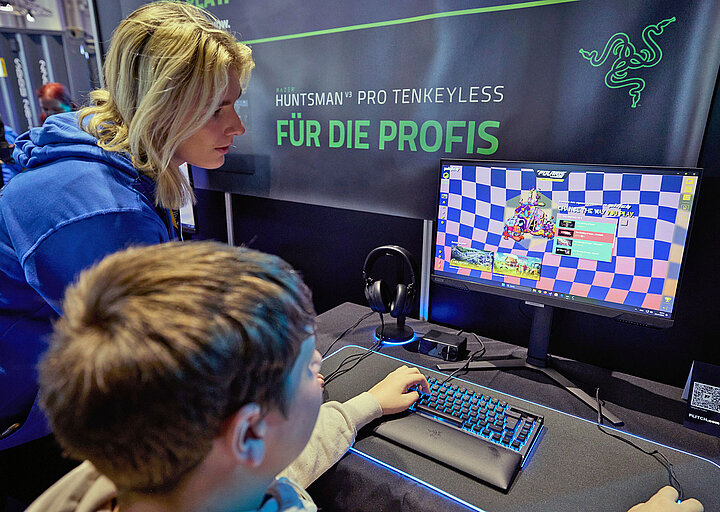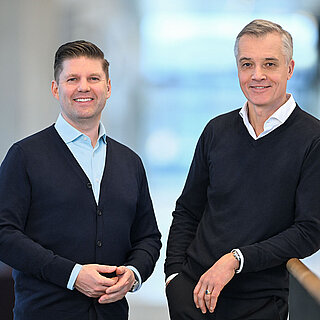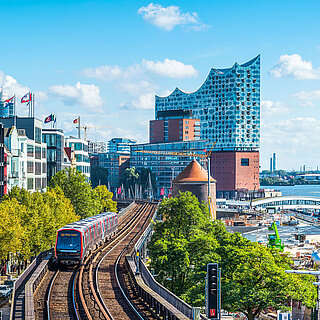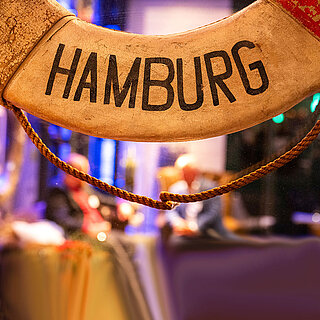“Transformation” is one of those buzzwords that somehow seem to stand for everything and nothing. But the last decade has more than ever brought change – at a speed that even the international trade fair industry, itself always open for new trends, had rarely seen before, from the persistent refugee crisis and the coronavirus pandemic to new wars, extreme climate events, and a shifting world order; but it also brought new opportunities, such as the use of Artificial Intelligence and progressing digitalisation.
With lockdowns everywhere in the world, and the traditional expo and congress business grinding to an almost total halt, the factor that had by far the greatest impact on the development of the sector was the pandemic, its effects felt well into 2024, the year under report. For a brief period it seemed doubtful that large gatherings of people would ever be possible again. But once the pandemic had subsided, trade fairs and congresses recorded substantial increases in visitor frequency; as it turned out, face-to-face interaction cannot be digitalised.
Yet, nothing is the way it used to be: the pandemic gave digitalisation additional dynamic. It appears in many forms, such as new registration processes, extensive networking platforms and new exhibition segments on innovative topics, for example on the topic of Artificial Intelligence. Virtual presentations at exhibitor stands are getting more and more sophisticated, and it has become customary at congresses to not only include in-person attendees but also thousands of online participants. All these developments are typically driven by the speed of digitalisation rather than that of the traditional trade fair business.
To keep up with this pace and meet its business partners’ new requirements, HMC decided during the Covid-19 pandemic to adopt a holistic approach to its organisational development. This means that the company’s strategy, structure and culture will be updated and optimised in a continuous process to reflect the changing environment, always aiming to act in an even more customer-focused, profitable and sustainable way.
Sustainability in particular should not be viewed as an end in itself but as a key building block of success. Not only is HMC, as a public-sector company, inextricably bound to the ambitious sustainability goals of the City of Hamburg; the market and our customers also expect constant progress towards sustainability. Exhibitors as well as trade fair and congress organisers are placing ever greater emphasis on this aspect, not least because the CO2 emissions generated during events have a direct impact on their own balance sheets. Hamburg Messe und Congress primarily considers itself as an ambitious business driver for the City of Hamburg, while at the same time assuming many tasks beyond that core business, such as organising the port anniversary or providing support in special emergency situations. Since the widely-noted setting-up of the first emergency accommodation centre for refugees in 2015, HMC has provided space for several weeks every year, and often more than once, to shelter people. This was usually done in a quick, discreet and straightforward manner.
As a provider of services, HMC must always strike a balance between what is desirable and what is possible, speed and judiciousness, innovation and tradition. The constant effort to reconcile diverse needs while keeping an eye on economic viability; the ambition to develop new and existing projects while ensuring top quality without compromise – these are key aspects of the challenge facing the entire team, and as such they are major sources of energy and strong motivational factors. After all, the long-term success of Hamburg Messe und Congress hinges on happy exhibitors and guests
